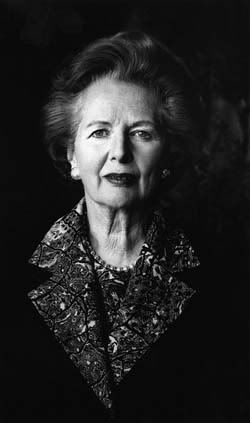The Character of Harry Potter famously popped into the mind of authoress JK Rowling while on a train in 1990, and spent a long gestation being fleshed out before Rowling put pen to paper.
There's been a lot of controversy over the magic depicted in the Potter series of books, with concerns expressed about occultism and pandering to those sectors of society which would see our Judaeo-Christian heritage cast away like a spoilt child's toy.
Not all of these objections, I feel, reap the benefits of knowing what one is talking about. For example, in Harry Potter and the Bible (subtitled The Menace behind the Magick), author Richard Abanes explains that "the word 'magic' refers to stage illusions by sleight-of-hand, whereas 'magick' refers to occult practices". He would have gained more of my respect had he shown an awareness of the origin of the word "magick". The unfortunately all-too-real Aleister Crowley (who had sinister tendencies even before he decided he was God) in his rush to befoul as many religious traditions as possible realised that in Jewish number theory (gematria) eleven represented unbalanced force, and therefore appended the eleventh letter of the alphabet to "magic".
But all of this is objectifying what was never intended to be anything more than an œvre of fiction, which I don't see containing more magic than, say, Disney's interpretation of Cinderella or Snow White - or, indeed, Sleeping Beauty, towards the end of which the Wicked Witch reveals herself as Satan. (My Mum took me to see this latter when I was a young'un - we both hid behind the cinema seats at that point.)
The central stream of fiction which runs through the Potter series is a battle between good and evil, the personification of which is Voldemort, who as a baddie has captured the public imagination in a way unknown since Darth Vader's first appearance. Voldemort has sought power and deference to such an extent that he has dehumanised himself, similar to the degradation wrought upon Gollum through his covetousness for the One Ring in Lord of the Rings, another work featuring magicians, spells etc which has not been demonised, and is one of Potter-buster Abanes' favourite books.
Through the series of books, Harry learns more about Voldemort's murder of his parents and about the similarities between himself and his enemy. Deathly Hallows is a perfect end to the series, drawing together themes which have been developing since Philosopher's Stone.
During this book we learn more than we ever have about the character of Dumbledore, headmaster of Hogwart's School of Witchcraft and Wizardry, who is killed at the end of the previous book, Harry Potter and the Half-Blood Prince. Dumbledore is a morally upright character and Harry's moral compass; like Odysseus, even Dumbledore is not immune to temptation, but while Odysseus has his ship's crew tie him to the mast of his ship then block their ears so that he can listen to the call of the Sirens and survive, we discover that Dumbledore took no precautions when he tested one of the Deathly Hallows - rumoured to provide protection from death - in Half-Blood Prince, which led to his downfall. Harry, on the other hand, does not seek the Deathly Hallows for himself, which leads him to the realisation that the only road to Voldemort's defeat is the one that brings Potter to present himself for destruction at his hands.
What caused me some consternation was JK Rowling's announcement after Deathly Hallows' publication that Dumbledore was gay. I'm on the same page as Townhall's Ben Shapiro when he says that "there is nothing in any of the books to suggest that Dumbledore is gay". Obviously Dumbledore is JK Rowling's creation and he can be of whatever disposition she decides, but with the announcement - which surprised even Peter Tatchell, arguably Britain's most militant gay-rights activist - she's coming over all deconstructionist and going off the margin of the page to explain something which is already well explained within the context of the story.
Blogger Jimmie of The Sundries Shack notes that although Rowling commented Dumbledore
was "blinded" by love for Gellert Grindelwald and that was his great flaw, but he could just have easily have been blinded by love for a great and lifelong friend. I suspect that very few folks even contemplated the sexual activities of Albus Dumbledore because they just weren’t all that important.In fact, Deathly Hallows makes it clear that what seduced Dumbledore was the same thing that led Sauron, Vader and their real-life models to destruction: the prospect of accruing power. Gellert Grindelwald - who is allegedly the object of Dumbledore's "crush" - wishes to lead the magical community out of their self-imposed exile in plain sight under the slogan "for the greater good", which is carved over the entrance of the prison Grindelwald built for his enemies - echoes, I think, of arbeit macht frei, the assertion that "work will make you free" which featured in the architecture of many concentration camps and, famously, covered the gates of Auschwitz.
Just as the backstory of Lord of the Rings can be seen as an allegory of how the Allies stood by as Germany rattled sabres before and during the Chancellorship of Adolf Hitler, so in Deathly Hallows we see what all the agitation about pure-bloodedness in the previous six books has lead to. Gone is the Ministry of Magic's golden statue celebrating harmony between the races depicted on the back cover of Harry Potter and the Order of the Phoenix, to be replaced with one depicting two pure-blooded figures seated on thrones that are made of tiny "muggles" - non-magical folk.
It isn't difficult to see this sort of totalitarianism born of the arrogance of believing oneself naturally gifted to order the existence of "lesser beings" in our own lives. Ironically, given that Harry is a survivor of infanticide, the Telegraph reported recently that Anne Furedi, of major abortion provider the British Pregnancy Advisory Service welcomed the news that half of teenage pregnancies in Great Britain are now ending in abortion as "a positive sign" and "entirely a good thing". Even Children and Young People's Minister Beverley Hughes recoiled from such bloodlust in an unprecedented manner by calling this the abortion statistic "disappointing". Later this month, as Radagast explains, our children will be invited to contribute to the bloodshed as Comic Relief uses them to raise money that will be dispensed in part as "large grants to Brook Advisory, Marie Stopes International, the International Planned Parenthood Federation and organisations overseas involved in 'reproductive health'." John Smeaton, director of the Society for the Protection of Unborn Children, reveals that the last Comic Relief gave £1.5 ($2.15m) to the African Women's Development Fund, whose Charter of Feminist Principles for African Feminists (their title - honest) demands "Freedom of choice and autonomy regarding bodily integrity issues, including...abortion".
Deathly Hallows does indeed contain its dangers, notably in Dumbledore's rationale for having Snape kill him at the end of Half Blood Prince, to prevent a terrible reckoning falling upon the person Voldemort has commissioned with the murder. While it works in the context that having succumbed to the temptation of trying to unite the Hallows of the title so that he might have eternal deferment of death and paying the price for his hubris, it's easy to see how his explanation in chapter 33 is open to hijack: "I ask this one, great favour of you...because death is coming for me...I confess I should prefer a quick, painless exit".
Deathly Hallows is a well-paced novel accessible to people from teens upwards, containing horror, humour, action and an exploration of our darker places worthy of the ancients - in burying Dobby the House Elf, who was killed without conscience by members of Voldemort's forces because he was of a different magical race, Harry eschews magic and digs the grave by hand; the scene could have been penned by Virgil.
The whole series is one in which we see the reality of the soul affirmed, as well as life after death and even a hint of the resurrection of the body; it's well worth reading if you're interested. It may even, eventually, gain a following comparable to that of Lord of the Rings. We need to remember that what lies between a novels' cover is just fiction, but not let that blind us to the many insights into the human condition that wait for us to discover them.
Harry Potter and the Deathly Hallows
J. K. Rowling
pp 607
Bloomsbury 2007
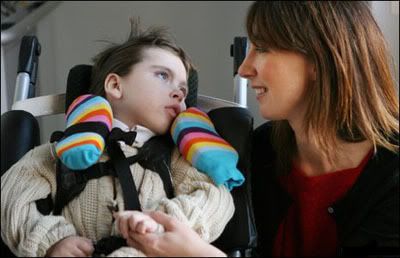
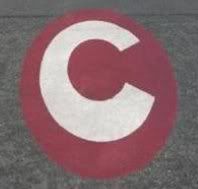
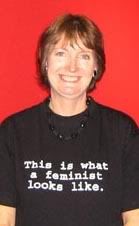 There was an interesting article in the Telegraph yesterday, stating that Harriet Harman MP, whose
There was an interesting article in the Telegraph yesterday, stating that Harriet Harman MP, whose  ums adjacent to the city to shiny new slums in places with names like Drumchapel and Easterhouse.
ums adjacent to the city to shiny new slums in places with names like Drumchapel and Easterhouse.
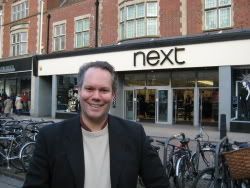
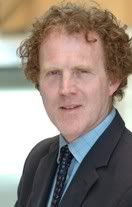
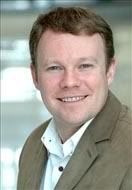







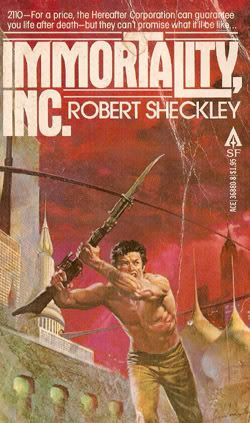
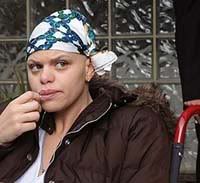 e in point: in Great Britain, having been force-fed Jade Goodie's life, loves and lazy assumptions, we are now pummelled with incessant updates of her impending death from cancer in a metaphysical Big Brother's house with walls so porous that great swathes of society are osmosing into the diary room. I'm sure I'm not alone in hoping things go well for her in her own hereafter, but
e in point: in Great Britain, having been force-fed Jade Goodie's life, loves and lazy assumptions, we are now pummelled with incessant updates of her impending death from cancer in a metaphysical Big Brother's house with walls so porous that great swathes of society are osmosing into the diary room. I'm sure I'm not alone in hoping things go well for her in her own hereafter, but 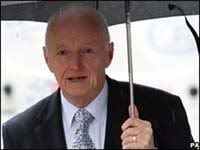 medicine for 6 months after being found guilty by the General Medical Council of prescribing large doses of barbiturates to people, mostly older, whose medical presentations did not remotely suggest that barbiturates were appropriate. I then lamented that while Dr Crippen was hung after being convicted of killing one person (his wife), "
medicine for 6 months after being found guilty by the General Medical Council of prescribing large doses of barbiturates to people, mostly older, whose medical presentations did not remotely suggest that barbiturates were appropriate. I then lamented that while Dr Crippen was hung after being convicted of killing one person (his wife), "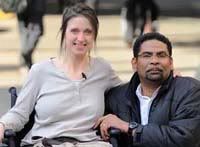 His comment is germane to another breaking story, that Debbie Purdy has been unsuccessful in her appeal to secure an undertaking that
His comment is germane to another breaking story, that Debbie Purdy has been unsuccessful in her appeal to secure an undertaking that 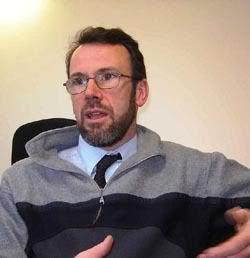 ave shown support for the idea that some (disabled) people are right to want to die. The judgment acknowledges the wrongfulness of giving practical assistance to people who want to die, but asserts that it may be "inexpedient to take action against relatives for assisting a disabled person's suicide". The presumption underlying this thinking is that the lives of people who are enduring long-term disabilities are of low value, and should not be protected in the same way as other people.
ave shown support for the idea that some (disabled) people are right to want to die. The judgment acknowledges the wrongfulness of giving practical assistance to people who want to die, but asserts that it may be "inexpedient to take action against relatives for assisting a disabled person's suicide". The presumption underlying this thinking is that the lives of people who are enduring long-term disabilities are of low value, and should not be protected in the same way as other people.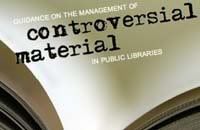 nt has decided to
nt has decided to 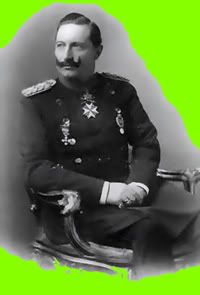 eement on Chamberlain's piece of paper, for in deferring a war the victory was Chamberlain's. I think a much more appropriate comparison for the present situation comes from the First World War, when the German High Command arranged for Lenin to be transported in a sealed train from Switzerland to Russia, where the disorder caused by his agitation would take Russia out of the war and let Germany concentrate on its western front. The Soviet empire that resulted from German strategy displayed the law of unintended consequences in spades.
eement on Chamberlain's piece of paper, for in deferring a war the victory was Chamberlain's. I think a much more appropriate comparison for the present situation comes from the First World War, when the German High Command arranged for Lenin to be transported in a sealed train from Switzerland to Russia, where the disorder caused by his agitation would take Russia out of the war and let Germany concentrate on its western front. The Soviet empire that resulted from German strategy displayed the law of unintended consequences in spades. I's recruitment of communism as a weapon of war eventually led to the fracturing of his country for 45 years, so corporatist fawning to radical Islamism in the self-declared fight against traditional British values has cloven Britain into effectively untouchable radical militant preachers of hate and terrorism, their cannon-fodder, and the rest of us. And political correctness, a concept formed upon the orders of Lenin, is the favoured armament.
I's recruitment of communism as a weapon of war eventually led to the fracturing of his country for 45 years, so corporatist fawning to radical Islamism in the self-declared fight against traditional British values has cloven Britain into effectively untouchable radical militant preachers of hate and terrorism, their cannon-fodder, and the rest of us. And political correctness, a concept formed upon the orders of Lenin, is the favoured armament.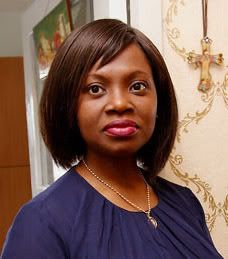 patient
patient ied actions in the war upon terror, I can easily believe that Ahmed's figure of 10,000 stormtroopers under his command is realistic figure.
ied actions in the war upon terror, I can easily believe that Ahmed's figure of 10,000 stormtroopers under his command is realistic figure.
 had a walk down Mill Road, the cosmopolitan thoroughfare that
had a walk down Mill Road, the cosmopolitan thoroughfare that 
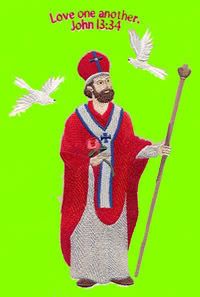
 I have mixed feelings about the flu vaccination. I once had an argument with Professor Calculus, who said he'd had the flu jab every year it had been available, and hadn't had the illness since 1988. I replied that, never having had the jab, I too hadn't had the flu since 1988. But Calculus is somewhat older than me, so perhaps the jab is indicated in his case.
I have mixed feelings about the flu vaccination. I once had an argument with Professor Calculus, who said he'd had the flu jab every year it had been available, and hadn't had the illness since 1988. I replied that, never having had the jab, I too hadn't had the flu since 1988. But Calculus is somewhat older than me, so perhaps the jab is indicated in his case.

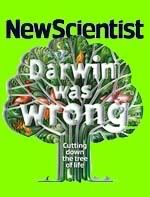
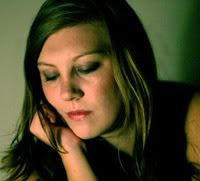

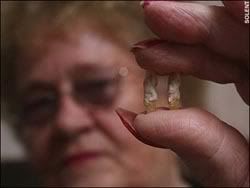
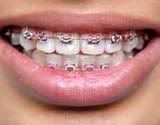
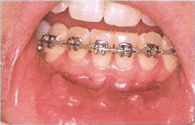
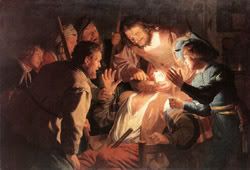
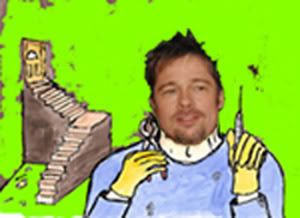 elieved, somehow, when she saw that the dentist bore a passing resemblance to Brad Pitt. (Maxima accuses me of being jealous of his looks, but I protest that I simply don't understand what women see in a man with a face like a bag of spanners.)
elieved, somehow, when she saw that the dentist bore a passing resemblance to Brad Pitt. (Maxima accuses me of being jealous of his looks, but I protest that I simply don't understand what women see in a man with a face like a bag of spanners.)
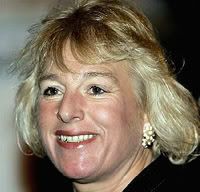 tuation whereby a presenter on its evening magazine programme,
tuation whereby a presenter on its evening magazine programme, 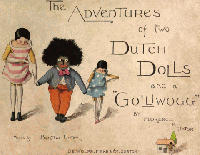
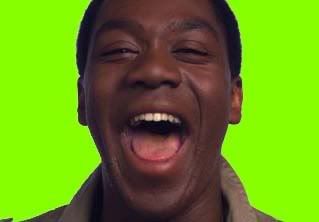

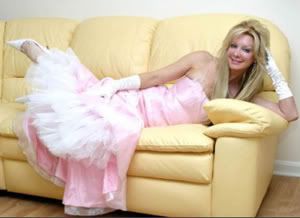 beral-socialist media machine. Multiple enhancee Sarah Burge, however, has turned the discrimination on its head by presenting herself as the "Real-life Barbie".
beral-socialist media machine. Multiple enhancee Sarah Burge, however, has turned the discrimination on its head by presenting herself as the "Real-life Barbie".